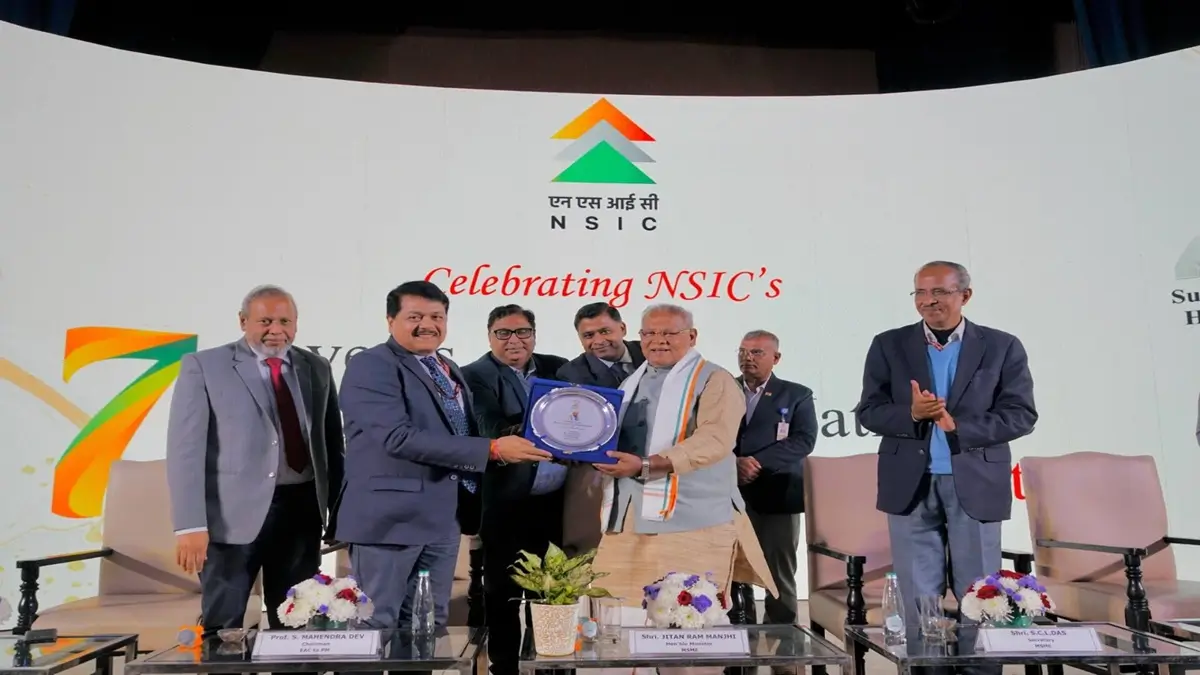PM Modi Launches Two Schemes for Wetland and Mangrove Conservation on World Environment Day
Introduction:
Prime Minister Narendra Modi recently launched two significant schemes aimed at the conservation of wetlands and mangroves on the occasion of World Environment Day. These initiatives reflect the government’s commitment to preserving and protecting these crucial ecosystems. With a focus on sustainable development and environmental conservation, these schemes are set to make a positive impact on biodiversity and the overall health of our natural resources.
Scheme 1: Wetland Conservation
The first scheme launched by PM Modi focuses on the conservation of wetlands across the country. Wetlands play a crucial role in maintaining the ecological balance, providing habitat for diverse plant and animal species, and mitigating the impacts of climate change. Under this scheme, various measures will be taken to identify and protect vulnerable wetlands, restore degraded wetlands, and promote sustainable use of wetland resources. The involvement of local communities and stakeholders will be pivotal in achieving the objectives of this scheme.
Scheme 2: Mangrove Conservation
The second scheme unveiled by PM Modi aims to address the pressing need for mangrove conservation. Mangroves are unique ecosystems that act as natural buffers against coastal erosion, protect coastal communities from storms and tsunamis, and provide a vital breeding ground for numerous marine species. The scheme emphasizes the restoration and regeneration of mangrove forests, raising awareness about their ecological importance, and implementing sustainable practices for mangrove conservation. It will involve collaborative efforts between government agencies, local communities, and environmental organizations.

Why this News is Important:
Environmental Conservation and Sustainable Development:
The launch of these schemes highlights the government’s commitment to environmental conservation and sustainable development. It signifies the recognition of wetlands and mangroves as critical ecosystems that require immediate attention and preservation. By focusing on these areas, the government aims to protect biodiversity, ensure the well-being of local communities, and mitigate the adverse effects of climate change.
Preservation of Ecosystem Services:
Wetlands and mangroves provide valuable ecosystem services such as water purification, flood regulation, and carbon sequestration. Their conservation is crucial for maintaining a healthy environment and supporting sustainable livelihoods. These schemes will contribute to the preservation and restoration of these services, benefiting both human well-being and ecological balance.
Historical Context:
Wetland and mangrove conservation have been pressing environmental issues for several years. The destruction and degradation of these ecosystems due to human activities, urbanization, and climate change have led to severe ecological consequences. Recognizing the need for action, the government has taken various measures in the past to address these challenges, including the implementation of the Wetlands (Conservation and Management) Rules in 2017 and the National Mangrove Action Plan in 2019. The current schemes build upon these initiatives and demonstrate the government’s continued efforts to protect and restore these valuable ecosystems.
Key Takeaways from “PM Modi Launches Two Schemes for Wetland and Mangrove Conservation on World Environment Day”:
| Takeaway | Key Takeaway |
|---|---|
| 1 | The schemes focus on wetland and mangrove conservation to preserve biodiversity and ecosystem services. |
| 2 | Wetlands are vital for maintaining ecological balance and mitigating climate change impacts. |
| 3 | Mangroves act as natural buffers against coastal erosion and provide breeding grounds for marine species. |
| 4 | The schemes aim to restore degraded wetlands and mangrove forests through collaboration with local communities and stakeholders. |
| 5 | The initiatives demonstrate the government’s commitment to sustainable development and environmental conservation. |
Important FAQs for Students from this News
Q: What are wetlands and why are they important?
A: Wetlands are areas where water is the primary factor determining the environment and the associated plant and animal life. They are important because they provide various ecosystem services such as water filtration, flood control, and habitat for numerous species. Wetlands also play a vital role in carbon sequestration and mitigating the impacts of climate change.
Q: How do wetlands contribute to climate change mitigation?
A: Wetlands contribute to climate change mitigation through their ability to store and sequester carbon. They have high organic matter content and slow decomposition rates, leading to the accumulation of carbon in their soils. Wetlands also help reduce greenhouse gas emissions by acting as sinks for atmospheric carbon dioxide.
Q: What are the main threats to wetlands?
A: The main threats to wetlands include habitat loss due to urbanization and agriculture, water pollution from industrial and agricultural runoff, invasive species, and climate change impacts such as sea-level rise. Human activities that alter the natural hydrology of wetlands also pose a significant threat.
Q: How do mangroves protect coastal areas?
A: Mangroves act as natural buffers against coastal erosion by dissipating wave energy and stabilizing sediments. Their complex root systems help bind the soil and reduce the impacts of storms and tsunamis. Mangroves also provide habitat for many species and serve as nurseries for fish and other marine organisms.
Q: What is the role of local communities in wetland and mangrove conservation?
A: Local communities play a crucial role in wetland and mangrove conservation. Their active involvement is essential for the success of conservation efforts. Local communities can contribute by participating in restoration activities, adopting sustainable practices, and raising awareness about the importance of these ecosystems. Their traditional knowledge and practices also contribute to the sustainable management of wetlands and mangroves.
Some Important Current Affairs Links

















